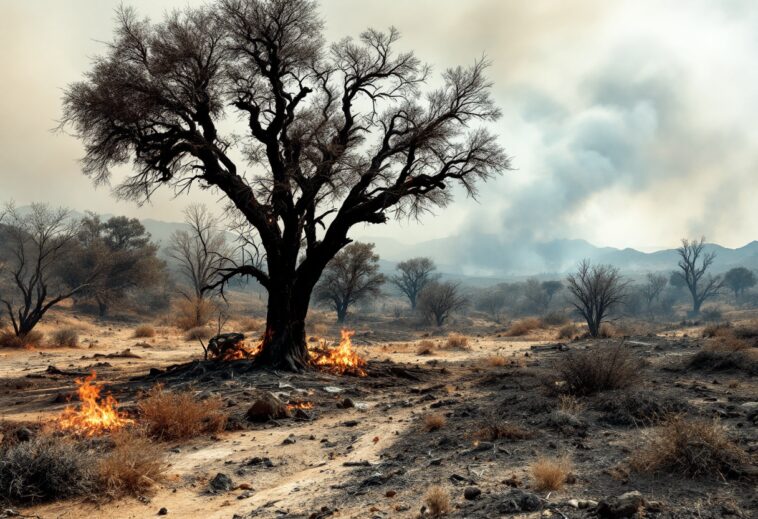Table of Contents
California wildfires: The truth behind water management and misinformation
As California grapples with devastating wildfires, the conversation surrounding water management has become increasingly contentious. Recent statements from political figures have sparked confusion and misinformation about the state’s ability to manage its water resources effectively.
This article delves into the realities of California’s water situation, the challenges posed by wildfires, and the implications of spreading false narratives.
The wildfire crisis and water shortages
California’s wildfires have reached unprecedented levels, fueled by climate change and prolonged drought conditions.
The demand for water during these emergencies has surged, leading to critical shortages in some urban areas. Fire hydrants have run dry, hampering firefighting efforts and putting communities at risk. In response, local authorities have mobilized water trucks to replenish these vital resources, but the situation remains dire.
Experts emphasize that the ferocity of the wildfires has created a demand for water that is four times greater than what the system was designed to handle. This strain on resources highlights the need for effective water management strategies that can adapt to the increasing frequency and intensity of wildfires.
Misinformation and its consequences
Amid the chaos, misinformation has proliferated, particularly regarding the potential for importing water from Canada to alleviate California’s water crisis. Such claims have been labeled as “preposterous” by environmental experts who point out the logistical and infrastructural challenges involved.
The Columbia River, often referenced in these discussions, flows into the Pacific Ocean and lacks the necessary infrastructure to divert water southward.
Furthermore, the assertion that California’s water management policies are directly responsible for the wildfires has been debunked.
Experts clarify that the ecological protections in place, such as those for endangered species, do not significantly impact water flows into Southern California. Misleading narratives can distract from the real issues at hand, undermining efforts to address the ongoing crisis effectively.
The path forward: Addressing the real issues
To combat the misinformation surrounding California’s water management, it is crucial to focus on evidence-based solutions. This includes investing in infrastructure improvements, enhancing water conservation practices, and fostering collaboration between state and federal agencies. The recent agreement to modernize the Columbia River Treaty is a step in the right direction, emphasizing the importance of cooperative water management between the U.S. and Canada.
As California continues to face the dual challenges of wildfires and water shortages, it is essential for policymakers and the public to engage in informed discussions. By prioritizing facts over fiction, stakeholders can work together to develop sustainable solutions that protect communities and the environment.




